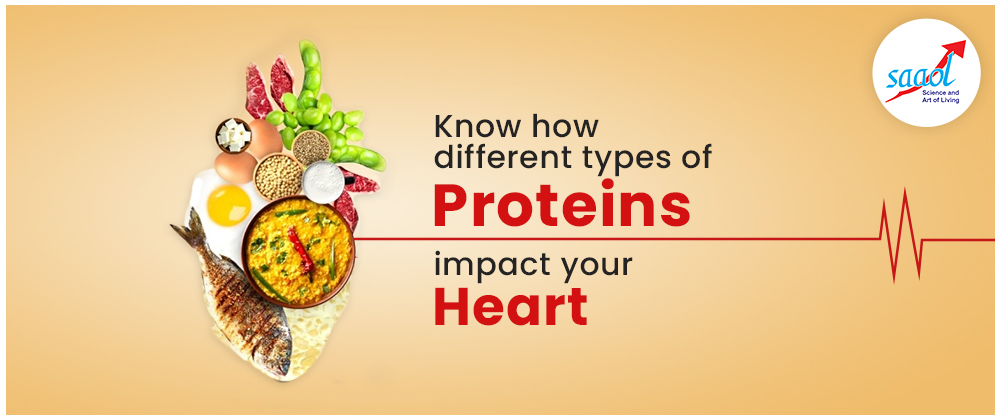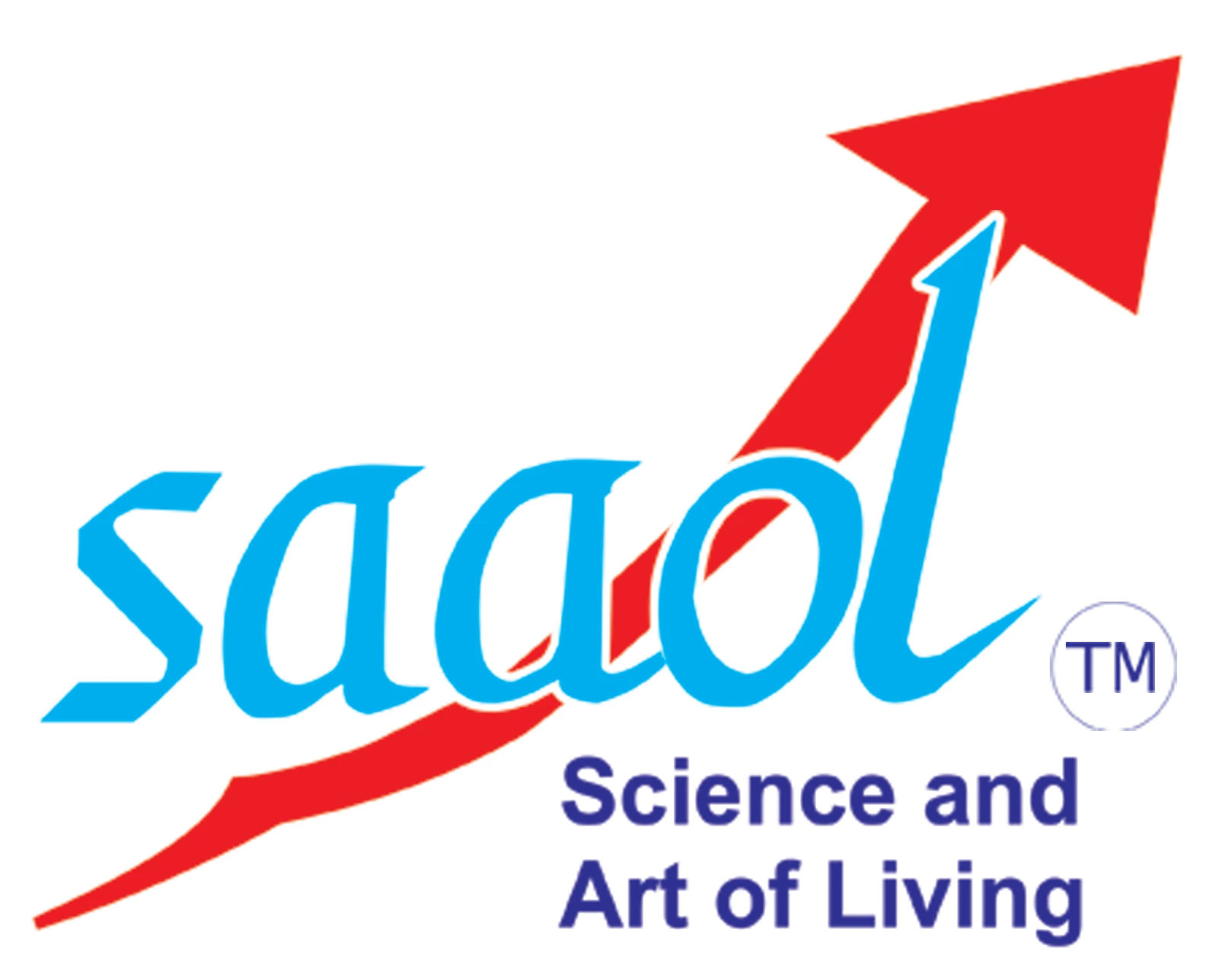Know how different types of proteins impact your Heart
SAAOL
- July 25, 2022
- 5 Min Read

A macronutrient is a protein that plays a vital role in the human body. It is made up of amino acids, which are the building blocks of muscle tissue. Likewise, there are several different types of proteins, each with its own unique benefits to the human body and our heart specifically.
For those who are looking to make dietary changes, this would help you plan your meals & streamline your cuisine, to ensure maximum benefits can be obtained.
Whey protein is a fast-acting protein that is often used by bodybuilders and athletes to help build muscle. Casein protein is a slower-acting protein that is ideal for taking before bedtime, as it can help to prevent muscle breakdown during sleep.
Getting enough protein is important for anyone who wants to build muscle or lose fat. By including protein-rich foods in your diet, or using protein supplements, you can make sure that your body has everything it needs. But it is also important to know the impact of protein on your heart.
SAAOL- Science and Art of Living have been offering a natural bypass treatment called EECP. This treatment helps in treating heart blockages without surgery. The experts at the centre have highlighted how plant-based and animal-based proteins impact your heart.
Plant-Based Protein
Plant-based proteins are a great option for those looking for a meat-free or vegetarian source of protein. Some common plant-based proteins include beans, lentils, tofu, tempeh, and seitan. Each of these foods provides a different array of nutrients and health benefits, so be sure to mix things up to get the most out of your plant-based diet!
Examples of Plant-based Proteins
Include plant-based proteins in your diet is an excellent strategy to boost your heart health. These can be found in:
- Beans
- Lentils
- Quinoa
- Tofu
Impact of plant-based protein on heart
There are many different types of proteins that can have an impact on heart health. Plant-based proteins, in particular, have been shown to have a positive impact on heart health. A recent study showed that people who ate a diet rich in plant-based proteins had a lower risk of developing heart disease even when other factors such as age, gender, and lifestyle were taken into account. This suggests that plant-based proteins have a protective effect against heart disease.
There are many different types of plant-based proteins, so it is important to choose ones that are high in quality and low in saturated fat. Consult with an expert, to understand more.
Animal-based Protein
Animal-based proteins come from meat, poultry, fish, and dairy products, and they provide all the essential amino acids your body needs.
Animal-based proteins are a great source of nutrients like iron, zinc, and vitamin B12. They’re also easy to digest and tend to be more satisfying than other types of protein. However, they can also be high in saturated fat and cholesterol, so it’s important to choose leaner options like chicken or fish.
Examples of Animal-based Proteins
These proteins are typically high in quality, meaning they contain all the essential amino acids your body needs. There are many types of proteins, but animal-based proteins are some of the most common sources are:
- Eggs
- Poultry meat
- Lean meat
- Turkey
- Seafood and fishes such as salmon, shellfish
- Milk and dairy products
When it comes to animal protein, there are a few things to consider in terms of its impact on heart health. First, animal protein is high in saturated fat, which can increase LDL (“bad”) cholesterol and contribute to heart disease. Additionally, it is also high in cholesterol itself, which can further contribute to heart disease. Therefore, it’s important to choose leaner cuts of animal protein and to limit your overall intake of animal protein if you want to maintain a healthy heart.
Conclusion
Proteins are essential nutrients for the human body. They play a key role in muscle growth, repair, and maintenance. There are many different types of proteins, each with its own unique benefits. No matter what your specific needs are, there’s sure to be a type of protein that’s right for you.
Protein powders are a convenient way to increase your daily intake of protein. They can be mixed with water or milk and drunk as a shake, or added to recipes such as smoothies or pancakes. Protein bars are another quick and easy way to get protein into your diet, and they can be eaten on the go. But excess intake of protein can lead you to heart problems. This is why maintaining a balance in protein intake is important.
It is crucial to consult with an expert Dietician or Nutritionist, to understand the best way forward in terms of altering your meal plans, long-term; and thereby ensuring the safest outcomes for your heart!
